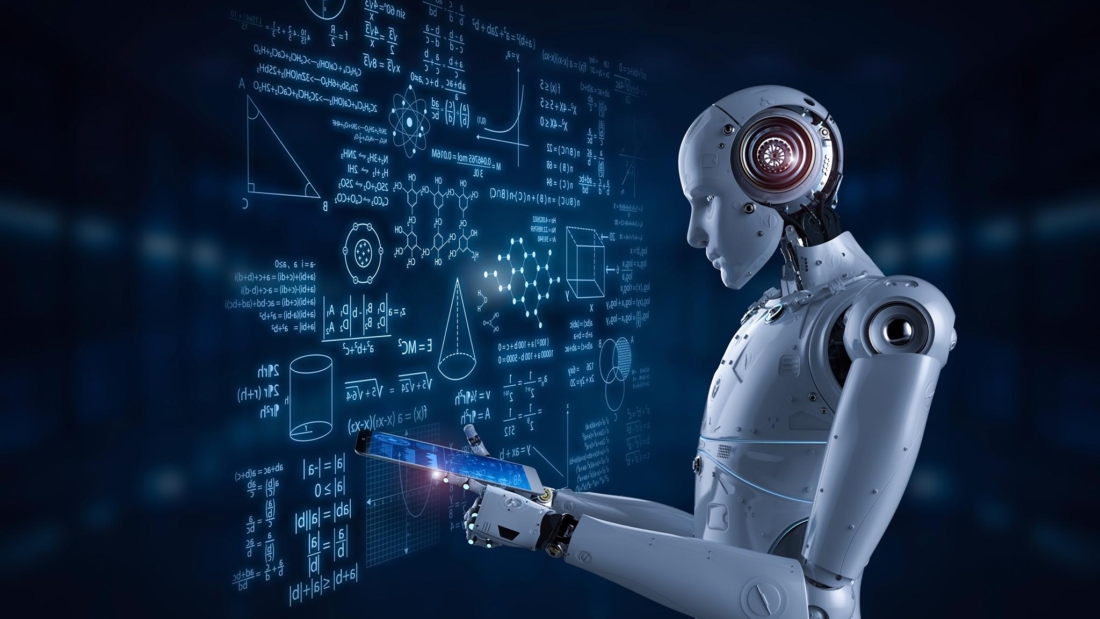Artificial intelligence (AI) is one of the most powerful and influential technologies of our time. It is the ability of machines and software to perform tasks that normally require human intelligence, such as perception, reasoning, learning, decision making, and creativity.
AI is already transforming various aspects of our lives, from health care and education to entertainment and commerce. It is also enabling new discoveries and innovations that could benefit humanity and the planet. But what are the current and future benefits of AI? And what are the challenges and risks that we need to be aware of? In this post, we will explore these questions and show you how AI is changing the world and what to expect in the future.

Benefits of AI for Humanity and the Planet
AI has enormous potential to serve society and improve the quality of life for billions of people. It can help us solve some of the most pressing problems that we face today, such as poverty, hunger, disease, climate change, and inequality. Here are some of the benefits of AI for humanity and the planet:
- AI can help us fight diseases and improve health care. AI can help us diagnose diseases, develop vaccines, design drugs, personalize treatments, monitor patients, and prevent outbreaks. For example, AI has been used to help sequence RNA for COVID-19 vaccines, identify cancer cells from images, predict heart attacks from ECG signals, and optimize organ transplant matching.
- AI can help us enhance education and learning. AI can help us create personalized and adaptive learning experiences, provide feedback and guidance, facilitate collaboration and communication, and democratize access to quality education. AI has been used to create chatbots that tutor students, recommend courses based on interests, translate languages in real time, and grade assignments automatically.
- AI can help us protect the environment and combat climate change. AI can help us monitor and analyze environmental data, optimize energy efficiency, reduce greenhouse gas emissions, promote sustainable agriculture, conserve biodiversity, and mitigate natural disasters. For example, AI has been used to detect deforestation from satellite images, forecast solar and wind power generation, optimize irrigation systems for crops, identify endangered species from camera traps, and predict earthquakes from seismic signals.
Future of AI: What to Expect in the Next 10 Years
AI is constantly evolving and advancing, thanks to the rapid development of computing power, data availability, and algorithmic innovation. In the next 10 years, we can expect AI to become more ubiquitous, intelligent, and impactful. Here are some of the future trends and scenarios that we can anticipate in the next decade:
- AI will become more integrated with our daily lives. AI will be embedded in more devices, applications, and services that we use every day, such as smartphones, smart homes, smart cars, smart cities, smart assistants, smart wearables, smart entertainment, and smart health care. We will interact with AI more naturally and seamlessly through voice, gesture, touch, or even brain-computer interfaces.
- AI will become more collaborative with humans. AI will not only augment our capabilities but also cooperate with us in various tasks and domains. We will see more human-AI teams that leverage the complementary strengths of both parties. We will also see more social and emotional AI that can understand our emotions, preferences, values, and goals, and communicate with us in a human-like way.
- AI will become more creative and generative. AI will not only replicate or analyze existing data but also create new data or content that is novel, useful, or aesthetically pleasing. We will see more AI-generated art, music, literature, games, videos, images, or even scientific discoveries. We will also see more AI that can learn from its own creations or experiences.
Challenges and Risks of AI: What to Be Aware of
AI is not without its challenges and risks. As AI becomes more powerful and pervasive,
it also poses various ethical, social, legal, economic, security, or existential issues that we need to be aware of and address proactively. Here are some of the challenges and risks of AI that we need to consider:
- AI can cause bias and discrimination. AI can inherit or amplify human biases or prejudices that are present in the data or algorithms that it uses. This can lead to unfair or harmful outcomes for certain groups or individuals based on their race, gender, age, religion, or other characteristics. For example, AI has been found to discriminate against women and minorities in hiring, credit scoring, facial recognition, or criminal justice.
- AI can cause unemployment and inequality. AI can automate or replace many jobs or tasks that are currently performed by humans, especially those that are routine, repetitive, or low-skill. This can cause unemployment, underemployment, or income inequality for many workers or sectors. For example, AI has been predicted to displace millions of workers in manufacturing, transportation, retail, or customer service.
- AI can cause privacy and security breaches. AI can collect, process, or share large amounts of personal or sensitive data that can reveal our identity, behavior, preferences, or activities. This can cause privacy violations, data breaches, identity theft, or cyberattacks. For example, AI has been used to hack passwords, steal biometric data, create deepfakes, or launch phishing scams.
- AI can cause ethical and moral dilemmas. AI can make decisions or actions that affect human lives, well-being, or values. This can raise ethical and moral questions about the responsibility, accountability, transparency, explainability, or trustworthiness of AI. For example, AI has been used to make life-and-death decisions in health care, warfare, or self-driving cars.
Conclusion
AI is changing the world and shaping our future in profound and unprecedented ways. It has enormous benefits for humanity and the planet, but also significant challenges and risks that we need to be aware of and address proactively. We need to ensure that AI is developed and used in a responsible, ethical, and human-centric way that aligns with our values and goals.


Add a Comment